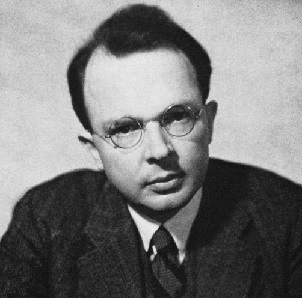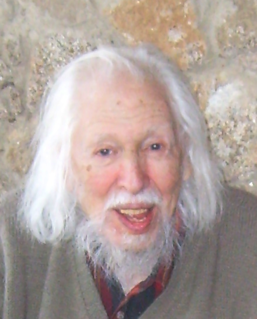A Quote by Karl Popper
There can be no ultimate statements science: there can be no statements in science which can not be tested, and therefore none which cannot in principle be refuted, by falsifying some of the conclusions which can be deduced from them.
Related Quotes
The only ethical principle which has made science possible is that the truth shall be told all the time. If we do not penalize false statements made in error, we open up the way for false statements by intention. And a false statement of fact, made deliberately, is the most serious crime a scientist can commit.
Science is not a system of certain, or -established, statements; nor is it a system which steadily advances towards a state of finality... And our guesses are guided by the unscientific, the metaphysical (though biologically explicable) faith in laws, in regularities which we can uncover-discover. Like Bacon, we might describe our own contemporary science-'the method of reasoning which men now ordinarily apply to nature'-as consisting of 'anticipations, rash and premature' and as 'prejudices'.
[Dr. Constain James] refuted so well the aberrations of Darwinism.... [A system] which is repugnant at once to history, to the tradition of all people, to exact science, to observed facts, and even to reason itself, would seem to need no refutation. But the corruption of this age, the machinations of the perverse, the danger of the simple, demand that such fancies, altogether absurd though they are, should - since they borrow the mask of science - be refuted by true science.







































